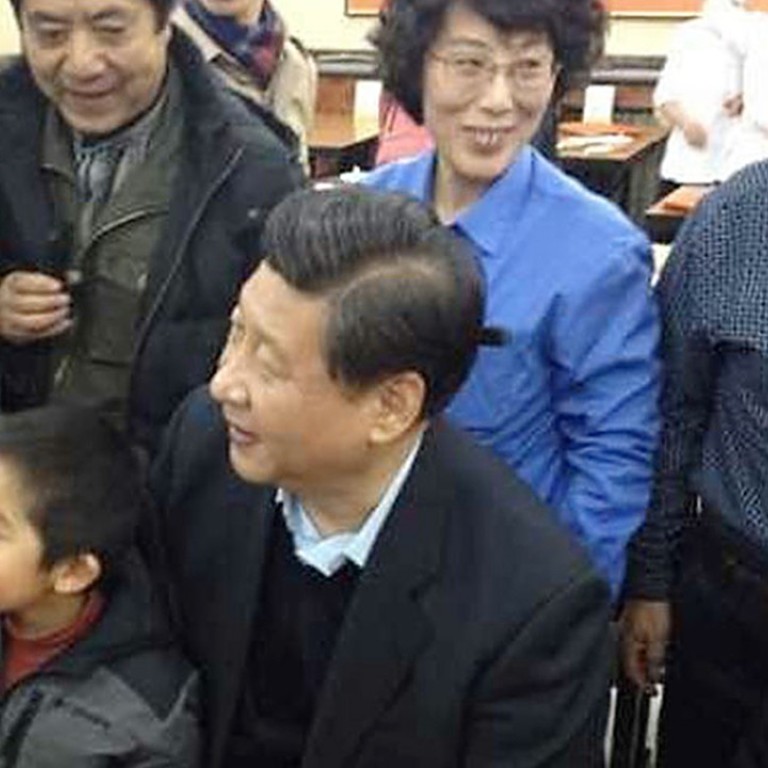
Xi Jinping’s favourite baozi shop gets a financial lifeline from Fosun, eyes a stock market listing
A Chinese state-owned steamed bun store made famous after receiving Chinese President Xi Jinping’s surprise visit in 2013, announced that it has raised investment from a key subsidiary of Chinese conglomerate Fosun International, the Chinese owner of Club Med, and two other investment parties, paving the way for a listing.
In 2014, Fosun invested US$35 million in Malaysian lifestyle cafe chain Secret Recipe, its first major investment in the food and beverage segment.
The Qingfeng restaurant chain also received 50 million yuan from state-owned investor Beijing Financial Street Capital Management on Wednesday, according to The Beijing News. The company said it was “graduallying pushing through” with a stock market listing, without disclosing a time frame.
Proceeds from the capital raising will be used for upgrading and expanding the company’s current network and supply chain, the company said.
Qingfeng announced in January it planned to bring in outside investors for a 7 per cent stake for around 33.5 million yuan, according to a statement published on Beijing Equity Exchange. After receiving the investment, Huatian will remain the biggest shareholder with a 81.6 per cent stake, while Fosun and the state-owned asset management firm will hold a 7 per cent and 10 per cent stake, respectively.

While seemingly small in scale, the investment raised by Qingfeng was lauded by Chinese media as a milestone for China’s mixed ownership reform – a government initiative that allows private investors to hold stakes in state-owned enterprises to improve efficiency and profitability. The development strategy coincides with Beijing’s deleveraging campaign among publicly-owned companies. Data released in April showed that eight state-owned companies have brought in private investors, while another 31 are in process of vetting investors, according to the National Development and Reform Commission, which oversees the initiative.
Originally a household name that was recognised solely by Beijingers, the baozi shop rose to nationwide prominence in late December 2013, when President Xi paid a surprise visit to one of its branches in a central district of the capital city. In China, unannounced visits by top politicians are extremely rare.
As such, the president’s visit went viral on Chinese social media. Xi’s selection, a combo of pork and onion baozi, green vegetables and stewed liver, cost just 21 yuan.
While the dish coined “Chairman’s combo” was never formally introduced onto the menu, the publicity brought by Xi’s visit helped Qingfeng expand to 345 outlets across the country. Last year the company’s revenue totalled 407 million yuan, up from 59 million yuan in 2015.
Fosun and Huatian did not immediately reply to requests for comment for the story.

